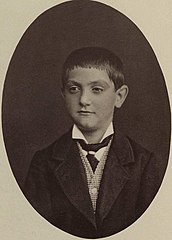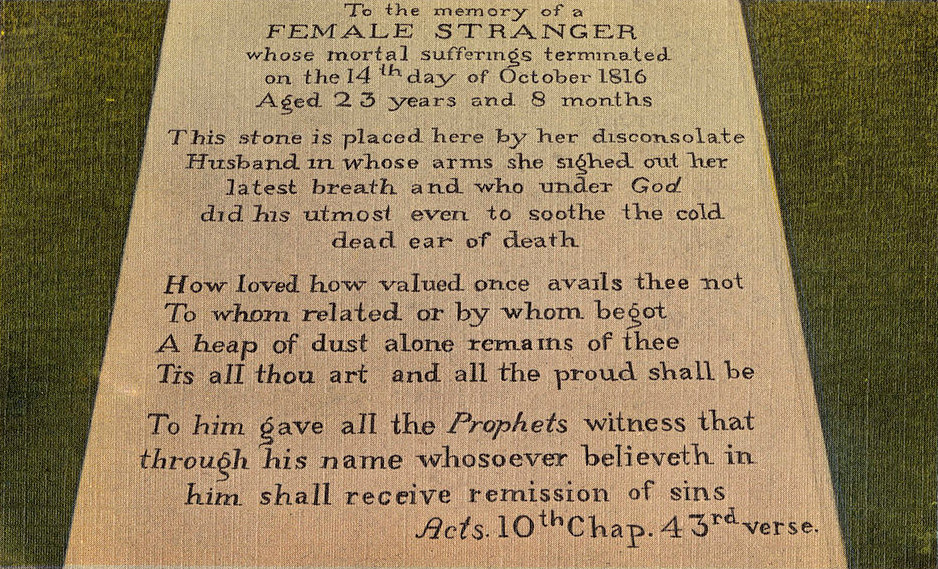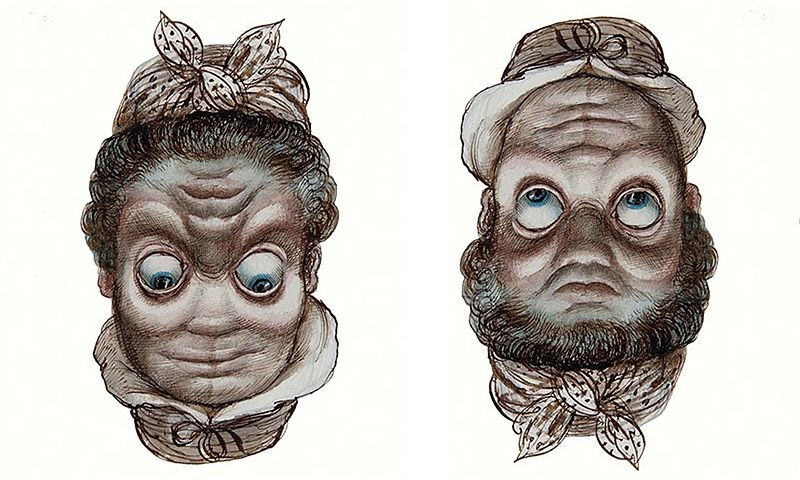
The most names ever held by a historical royal belonged to Don Alfonso de Borbón y Borbón (1866-1934), a great-great-grandson of Charles III of Spain, reflecting a trend favored by Spanish royalty in the 19th century.
His full name was Alfonso María Isabel Francisco Eugenio Gabriel Pedro Sebastián Pelayo Fernando Francisco de Paula Pío Miguel Rafael Juan José Joaquín Ana Zacarias Elisabeth Simeón Tereso Pedro Pablo Tadeo Santiago Simón Lucas Juan Mateo Andrés Bartolomé Ambrosio Geronimo Agustín Bernardo Candido Gerardo Luis-Gonzaga Filomeno Camilo Cayetano Andrés-Avelino Bruno Joaquín-Picolimini Felipe Luis-Rey-de-Francia Ricardo Esteban-Protomártir Genaro Nicolás Estanislao-de-Koska Lorenzo Vicente Crisostomo Cristano Darío Ignacio Francisco-Javier Francisco-de-Borja Higona Clemente Esteban-de-Hungría Ladislado Enrique Ildefonso Hermenegildo Carlos-Borromeo Eduardo Francisco-Régis Vicente-Ferrer Pascual Miguel-de-los-Santos Adriano Venancio Valentín Benito José-Oriol Domingo Florencio Alfacio Benére Domingo-de-Silos Ramón Isidro Manuel Antonio Todos-los-Santos de Borbón y Borbón.



